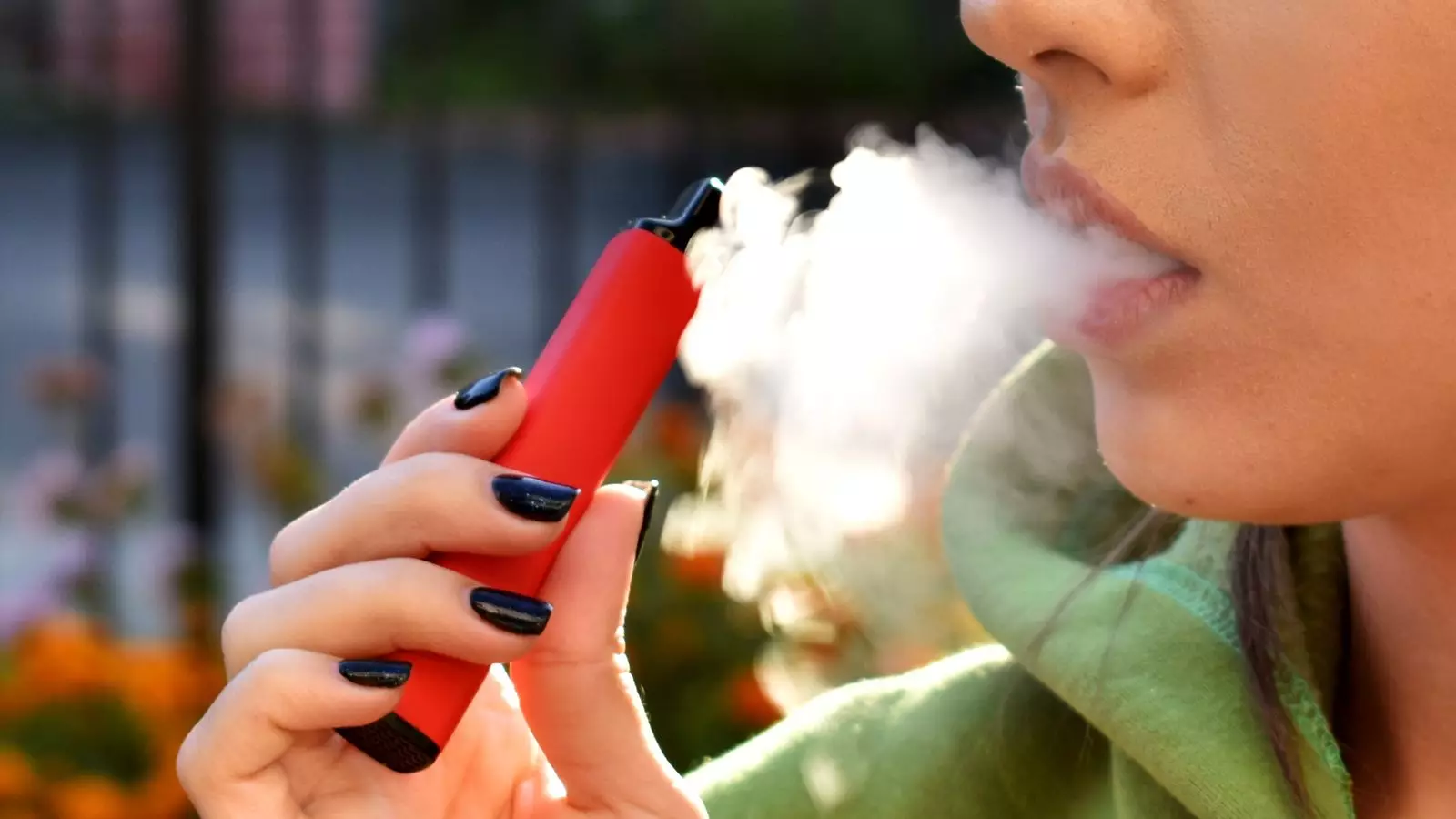The recent announcement by Rishi Sunak, the UK Prime Minister, to ban disposable vapes and introduce stricter regulations on vaping flavors has sparked a contentious debate. The proposed ban aims to combat the increasing use of vaping among children and address concerns about nicotine addiction. While some applaud this move as a necessary step towards protecting children’s health, others argue that it infringes on personal freedom and creates inconsistencies in policy. This article will critically analyze the implications of banning disposable vapes on children and society as a whole.
The Rise of Youth Vaping
The rise of youth vaping in recent years has become a cause for concern among educators and healthcare professionals. Teachers report that students are demonstrating signs of nicotine dependency, impacting their behavior and concentration in the classroom. Although vaping is often considered a valuable tool to help smokers quit, marketing vapes to children is deemed unacceptable due to the unknown long-term effects and the highly addictive nature of nicotine. Therefore, the ban on disposable vapes is an attempt to curb this worrying trend and prevent its further normalization among young people.
The Case for Stricter Regulations
Supporters of the ban argue that stricter regulations are necessary to protect children’s health. Smoking continues to be the UK’s leading cause of preventable deaths, and vaping, although not yet fully understood, poses potential risks. By banning disposable vapes and introducing plain packaging, restricting vape flavors, and changing vape display in shops, the government aims to leave a lasting legacy of improved child health. Public opinion seems to align with these measures, as evidenced by the government consultation launched last year, where nearly 70% of parents, teachers, healthcare professionals, and the general public expressed support for further restrictions.
Enforcement agencies, such as Border Force and HMRC, will receive additional funding to enforce the proposed regulations. Moreover, fines for shops selling vapes illegally to children will be increased. While such measures are deemed necessary to deter illegal sales, critics argue that the focus should be on education rather than punitive measures. The ban on disposable vapes is also expected to have significant environmental benefits, as five million of these disposable vapes are discarded each week, contributing to a growing waste problem.
The proposed ban has received mixed reactions from politicians and advocacy groups. Liz Truss, a former prime minister, believes that the ban infringes on personal freedom and creates inconsistencies in policy. She argues that while the state has a responsibility to protect children from harm, adults should be allowed to make their own choices. On the other hand, the Children’s Commissioner for England, Dame Rachel de Souza, welcomed the proposed ban, stating that it would address the issue of vaping normalization among young people. Environmental campaigners also expressed support for the ban, emphasizing the positive impact it would have on public health and the environment.
The Future of Vaping Regulations
The ban on disposable vapes is a significant step towards reducing youth vaping rates and protecting children’s health. However, concerns have been raised about potential unintended consequences, such as the emergence of a black market. Striking a balance between regulation and personal choice will be key to addressing these concerns. Additionally, ongoing research into the long-term effects of both smoking and vaping is essential to inform future regulations and ensure the well-being of individuals of all ages.
The ban on disposable vapes and the proposed regulations surrounding vaping flavors and marketing are aimed at reducing youth vaping rates and protecting children’s health. While some criticize these measures as an intrusion on personal freedom and an extension of the nanny state, others emphasize the importance of safeguarding young people and reducing the harm caused by smoking and vaping. Finding a balance between personal choice and public health interests will be crucial in shaping future vaping regulations. As long as policies are based on scientific evidence and consider the well-being of individuals, especially children, they have the potential to create a healthier and safer society.

Leave a Reply